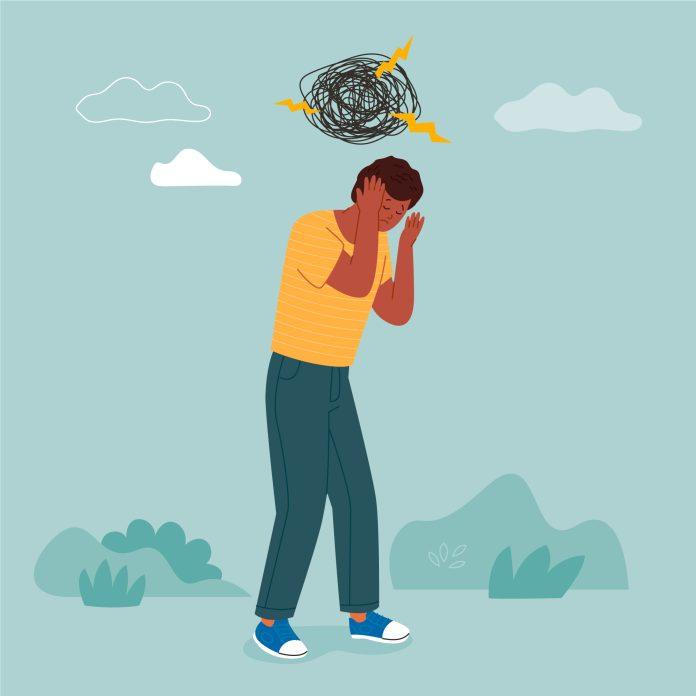Mental health is a complex and sensitive topic that affects many people in different ways. Some struggle with anxiety, depression, trauma, or other conditions that can make everyday life challenging. Others may experience stress, loneliness, grief, or low self-esteem that can affect their well-being. No matter what you are going through, you are not alone and there is hope for recovery.
Recovery is not a linear process that happens overnight. It is a journey that involves ups and downs, setbacks and achievements, challenges and opportunities. Recovery is not about being cured or returning to a previous state of normalcy. It is about finding ways to cope, heal, grow, and thrive in spite of your mental health issues. Recovery is about discovering your strengths, values, goals, and passions. Recovery is about living a meaningful and fulfilling life.
There are many factors that can support your recovery, such as professional help, medication, therapy, self-care, peer support, family and friends, hobbies and interests, spirituality, and community involvement. You may find some of these more helpful than others, depending on your preferences and needs. The important thing is to find what works for you and stick with it. You may also need to try different things until you find what suits you best. There is no one-size-fits-all solution for mental health recovery.
One of the most essential aspects of recovery is hope. Hope is the belief that things can get better, that you can overcome your challenges, and that you have a future worth living for. Hope can motivate you to take action, seek help, make changes, and persevere. Hope can also help you cope with the negative emotions and thoughts that may arise along the way. Hope can remind you of your potential and purpose.
Finding hope in the recovery of mental health can be difficult at times, especially when you are feeling low or hopeless. However, there are some strategies that can help you cultivate hope and keep it alive. Here are some examples:
- Celebrate your progress. No matter how small or big, every step you take towards recovery is an achievement worth acknowledging. You can keep track of your progress by writing it down in a journal, sharing it with someone you trust, or rewarding yourself with something you enjoy. Celebrating your progress can boost your confidence, motivation, and optimism.
- Set realistic goals. Having goals can give you a sense of direction and purpose in your recovery journey. However, it is important to set goals that are realistic, attainable, and measurable. Unrealistic or vague goals can lead to frustration, disappointment, and loss of hope. You can break down your goals into smaller and more manageable steps that you can work on gradually.
- Seek inspiration. You can find inspiration from various sources, such as books, podcasts, videos, blogs, or stories of people who have overcome similar challenges as yours. You can also find inspiration from nature, art, music, or anything else that sparks your interest or curiosity. Inspiration can help you broaden your perspective, learn new things, and discover new possibilities.
- Connect with others. You don’t have to go through recovery alone. You can benefit from the support and encouragement of others who understand what you are going through or who care about you. You can reach out to people who have experienced mental health issues themselves or who have helped someone else in their recovery journey. You can also join a support group or an online community where you can share your feelings, thoughts, experiences, and tips with others who are on the same path as you.
- Practice gratitude. Gratitude is the appreciation of what you have in your life right now, rather than focusing on what you lack or what went wrong in the past. Gratitude can help you recognize the positive aspects of your situation, such as the resources you have access to, the opportunities you have been given, the people who support you, and the progress you have made. Gratitude can also help you cope with stress, enhance your well-being, and happiness.
Embracing inpatient mental health facilities near me
If the person is struggling with their mental health, one may have considered seeking professional help. But sometimes, outpatient therapy or medication is not enough to cope with the challenges the individual they are facing. Thus one may need more intensive and specialized care in a safe and supportive environment. That’s where inpatient mental health facilities can help.
Inpatient mental health facilities are places where one can stay for a short period of time, usually a few days to a few weeks, and receive 24/7 care from a team of mental health professionals. They offer a range of services, such as individual and group therapy, medication management, psychoeducation, crisis intervention, and recreational activities. They also provide you with a structured routine, a sense of community, and a break from the stressors and triggers of your everyday life.
Inpatient mental health facilities are not prisons or asylums. They are not places where you are locked up or punished. They are places where one can heal and recover from their mental health condition. They are places where one can learn new skills and strategies to cope with one’s own emotions and behaviors.
